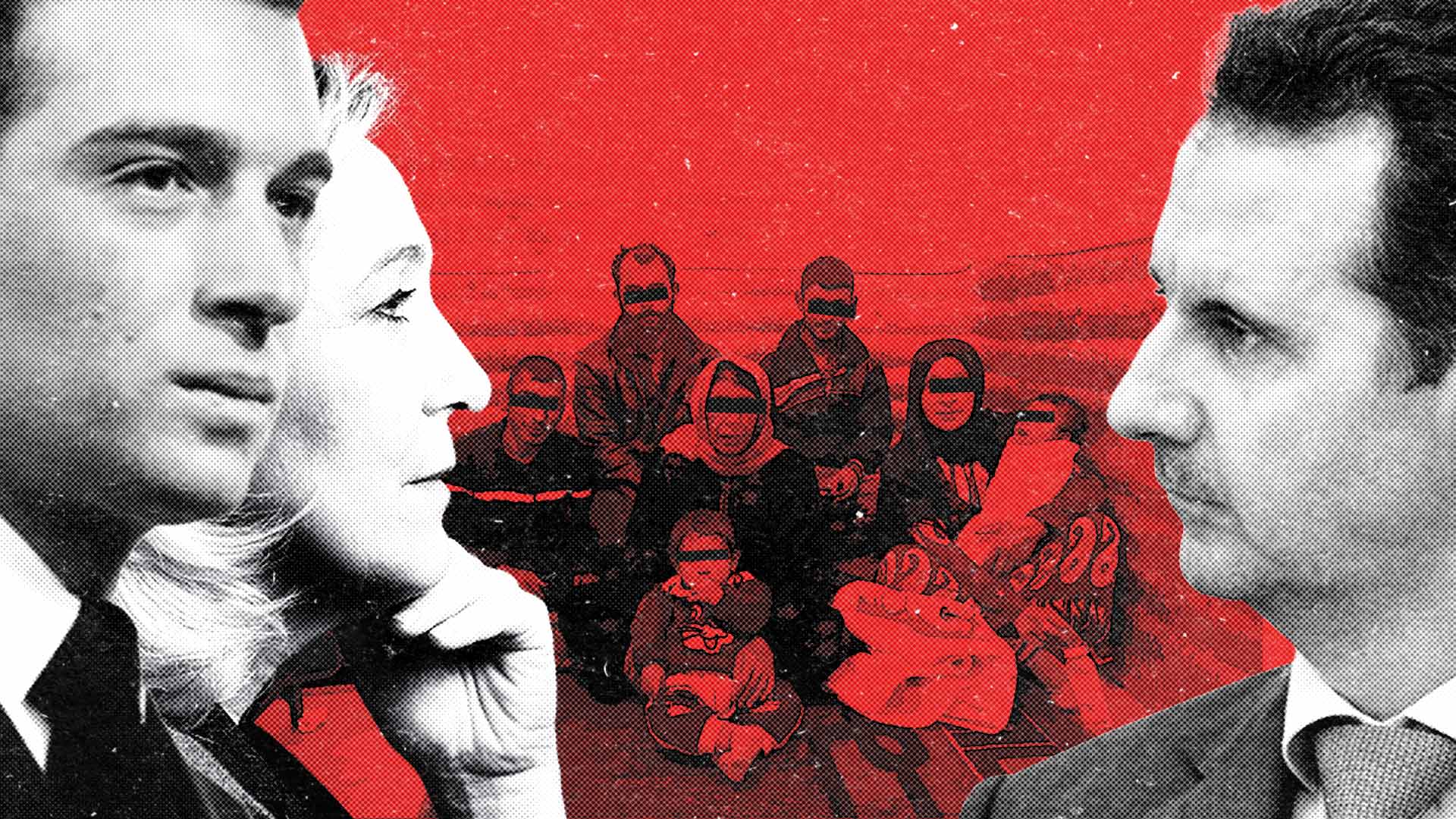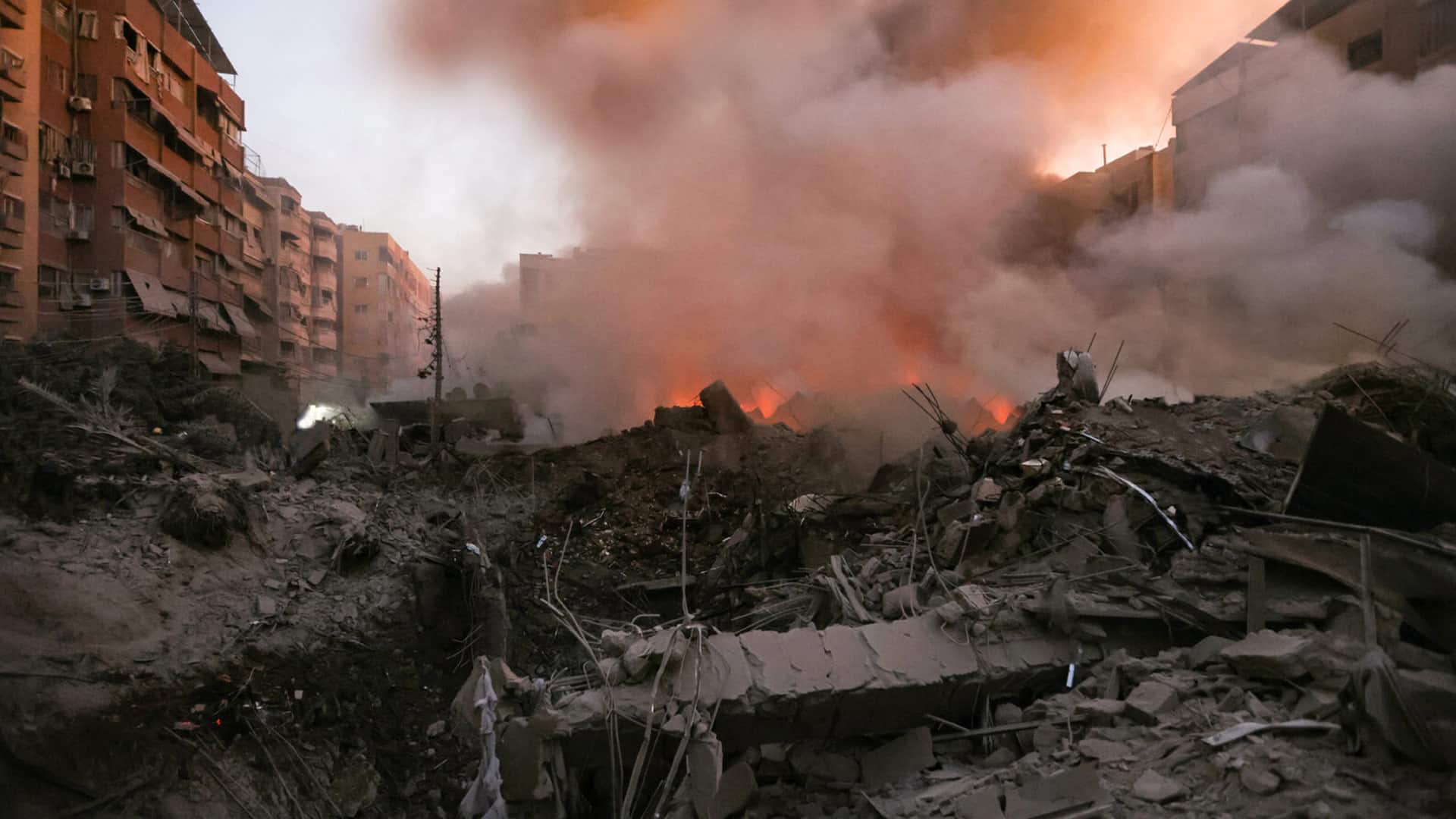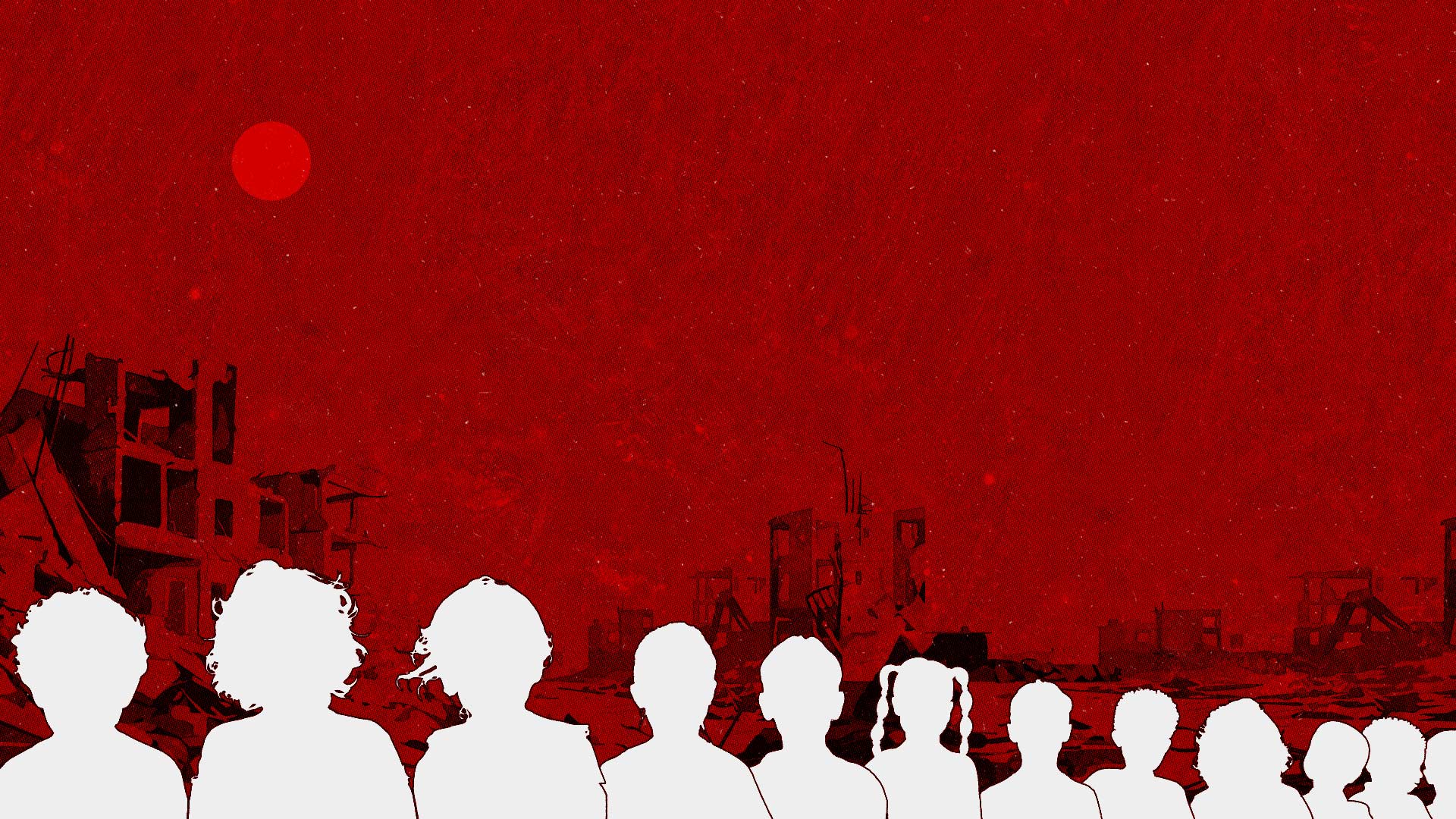The RN has demonstrated unwavering support for Assad’s regime since the onset of the Syrian conflict in 2011. Since 2014, numerous parliamentary delegations led by RN members have traveled to Syria, meeting with high-ranking officials, including Assad himself. These delegations aimed to showcase their solidarity with Assad’s government and to call for the normalization of diplomatic relations between France and Syria. On the one hand, the RN’s support is ideologically rooted in the broader framework that aligns with authoritarian regimes perceived as bulwarks against Islamist extremism, and consider the Assad regime as a crucial ally in that respect. RN party officials have often criticized the French decision of cutting all ties with the Syrian regime in 2012, accusing them of a lack of realpolitik.
Beyond Islamist extremism, the relationship between the RN and the Assad regime is also rooted within the framework of a so-called “struggle of civilizations” against Islam. In this context, the far right views the Syrian regime as the protector of Syria’s Christians against Islamism. In the runup to the 2017 French presidential elections, Marine Le Pen underscored France’s historical and self-assumed role in protecting Eastern Christians, including in Syria, and positioned herself as a defender of these communities.
This “clash of civilizations” ideology, coupled with “Great Replacement” theory also shapes the far right’s stance on refugees. While the RN has not formalized a specific stance on Syrian refugees, key figures such as Le Pen and Jordan Bardella have publicly dismissed the legitimacy of Syrian asylum seekers and could potentially seek to find ways to facilitate their return to Syria. Le Pen previously raised doubts over the real nature of Syrian refugees and has criticized the asylum system for being abused. Similarly, Bardella has contrasted Syrians with Ukrainians, arguing that the latter are culturally closer to Europe and deserving of European support.
It is easy to foresee the far-right arguing that normalizing relations with the Assad regime and lifting economic sanctions would encourage refugees to return to Syria.
Given these precedents, the RN’s rise to power may entail a 180-degree shift in France’s policy towards Syria. What seems a likely outcome of the election is a French “cohabitation,” where both the French president and prime minister come from different parties, in which case foreign affairs and defense issues remain the president’s “reserved domain.” It might not, however, be business as usual: Le Pen has already begun to challenge this custom, declaring recently that “Head of the armed forces is an honorary title for the president, since it is the prime minister who holds the purse strings.” She even went so far as to specify that the latter would thus prevent the dispatch of troops to Ukraine, fitting the party’s overarching ideological alignment with Russia, its main international ally and a staunch ally of Damascus.
At the European level, the gradual rapprochement initiated by various EU member states has been driven by those seeking a “lasting solution” to the Syrian refugee crisis through constructive engagement with Damascus, such as Greece, Cyprus, Austria and Romania, and those with far-right-dominated governments that have a pro-Russia bias or a particular interest in Eastern Christians, such as Hungary and Italy.
To date, a bulwark against these leanings has been the EU’s biggest players, France and Germany, who have remained firmly opposed to any rapprochement without significant guarantees and concessions from the Syrian regime. The RN could disrupt this balance.
While Syria might not rank high on the far-right’s agenda, it also does not rank high on Macron’s. In a carefully negotiated power-sharing agreement between the president and the prime minister, ceding control of the Syrian file to the government could help Macron maintain France’s support for Ukraine. As a result, the balance might tilt in favor of the pro-rapprochement faction in Brussels, opening a new chapter in the Syrian crisis.
For those seeking to uphold human rights and international law, it would be imperative to maintain pressure on the new administration to avoid normalizing relations with the Syrian regime, lifting sanctions, or sending back Syrian refugees without any tangible positive developments in the Syrian political process and on the ground. Such actions would legitimize Assad, bolster Russia’s interests and compound the horrific injustices suffered by millions of Syrians



